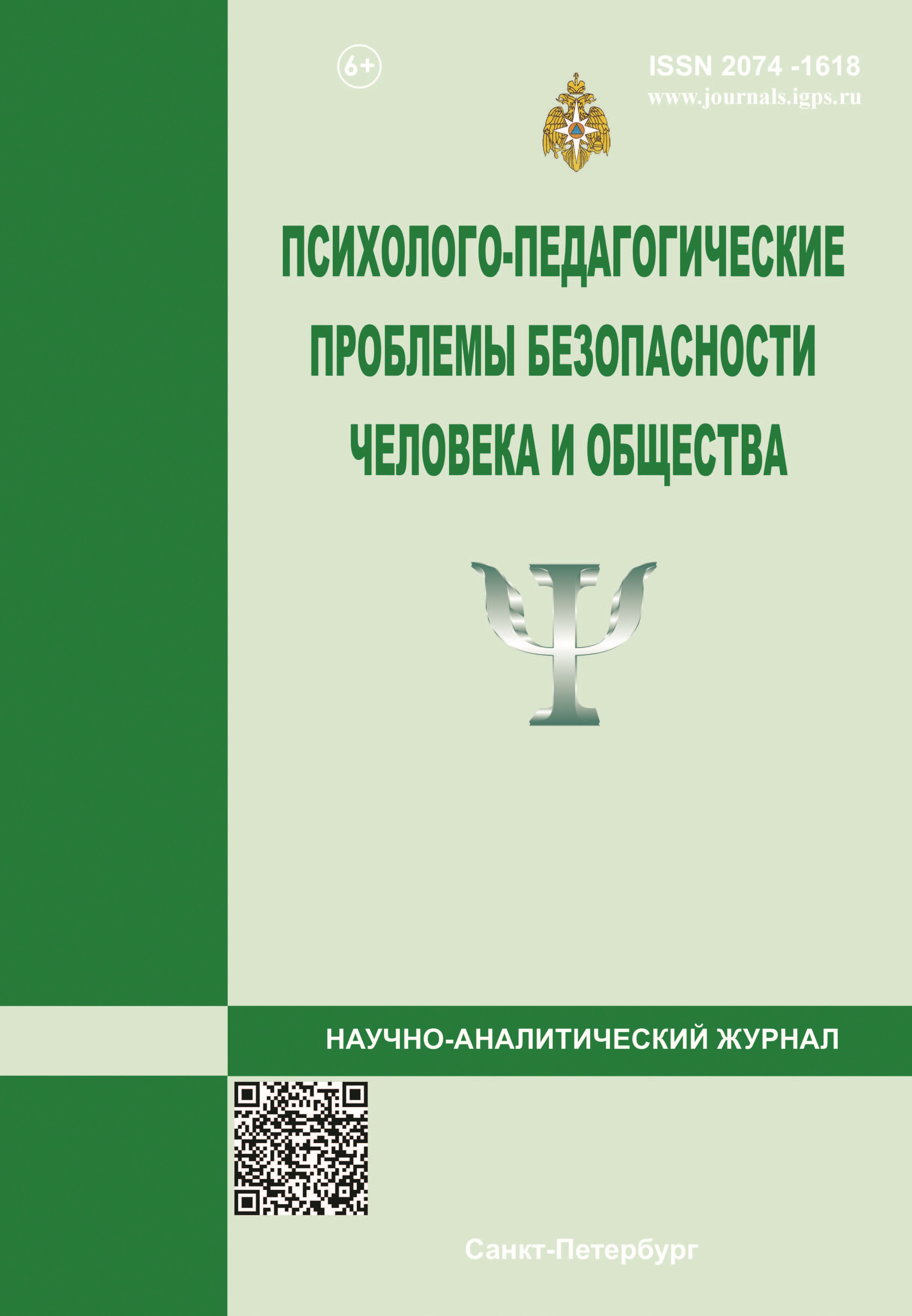Russian Federation
The potential of digital technologies in the field of education has been identified, which is explained by the growing optimism that the introduction of digital technologies in education can bring a wide range of economic and social benefits. The definition of digital education is given, the problems associated with access to modern digital technologies are analyzed. The ways of increasing the motivation for the introduction of digital technologies, strengthening the skills and competencies of participants in the educational process are proposed, which will definitely affect the learning outcomes.
digital technologies in education, digital education, efficiency of using digital technologies
1. Cifrovaya obrazovatel'naya sreda: Federal'nyj proekt Ministerstva prosveshcheniya Rossijskoj Federacii. URL: https://edu.gov.ru/national-project/projects/cos/ (data obrashcheniya: 25.06.2023).
2. Digital Education Plan 2021-2027 - resetting education and training for the digital age // European education area. URL: https://education.ec.europa.eu/sites/default/files/document-library-docs/deap-communication-sept2020_en.pdf (data obrashcheniya: 25.06.2023).
3. Digital transformation and innovation in Chinese education / H.A. Spires [et al.]. Hershey, PA: IGI Global Publishing. 2018. 362 p. DOI:https://doi.org/10.4018/978-1-5225-2924-8.
4. Verbickij A.A. Cifrovoe obuchenie: problemy, riski i perspektivy // Homo Cyberus. 2019. № 1 (6).
5. Matvienko S.V., Vasil'eva E.V. Obrazovanie XXI: plyusy i minusy cifrovogo obrazovaniya // Obrazovanie i pravo. 2022. № 1. S. 165-170. DOI:https://doi.org/10.24412/2076-1503-2022-1-165-170.
6. Mikidenko N.L., Storozheva S.P. Cifrovye tekhnologii v obrazovanii: vozmozhnosti i riski, preimushchestva i ogranicheniya // Professional'noe obrazovanie v sovremennom mire. 2021. T. 11. № 1. S. 23-34. DOI:https://doi.org/10.20913/2618-7515-2021-1-12.
7. Strokov A.A. Cifrovizaciya obrazovaniya: problemy i perspektivy // Vestnik Mininskogo universiteta. 2020. T. 8. № 2 (31). S. 15. DOI:https://doi.org/10.26795/2307-1281-2020-8-2-15.
8. Hamitov R.M. Cifrovizaciya obrazovaniya i ee aspekty // Sovremennye problemy nauki i obrazovaniya. 2021. № 3. S. 8. DOI:https://doi.org/10.17513/spno.30771.
9. Understanding the role of digital technologies in education: a review / A. Haleem [et al.] // Sustainable Operations and Computers. 2022. Vol. 3. P. 275-285. DOI: 10.1016/ j.susoc.2022.05.004.
10. Digital Education / T. Lynn [et al.] // In: Digital Towns. Cham: Palgrave Macmillan, 2022. P. 133-150. DOI:https://doi.org/10.1007/978-3-030-91247-5-7.
11. Impact of digital technologies upon teaching and learning in higher education in Latin America: an outlook on the reach, barriers, and bottlenecks / K. Okoye [et al.] // Education and information technologies. 2023. Vol. 28. № 2. P. 2291-2360. DOI:https://doi.org/10.1007/s10639-022-11214-1.
12. Singh M.N. Inroad of Digital Technology in Education: Age of Digital Classroom // Higher education for the future. 2021. Vol. 8. № 1. P. 20-30. DOI: 10.1177/ 2347631120980272.
13. Impacts of digital technologies on education and factors influencing schools' digital capacity and transformation: A literature review / S. Timotheou [et al.] // Education and Information Technologies. 2023. Vol. 28. № 6. P. 6695-6726. DOI:https://doi.org/10.1007/s10639-022-11431-8.
14. Knowledge Map: Impact of ICTs on Learning and Achievement // World Bank. URL: https://openknowledge.worldbank.org/handle/10986/10578 (data obrashcheniya: 25.06.2023).
15. PISA 2018 Results (Vol. V): Effective policies, successful schools // OECD iLibrary. URL: https://www.oecd-ilibrary.org/education/pisa-2018-results-volume-v_ca768d40-en (data obrashcheniya: 25.06.2023).







